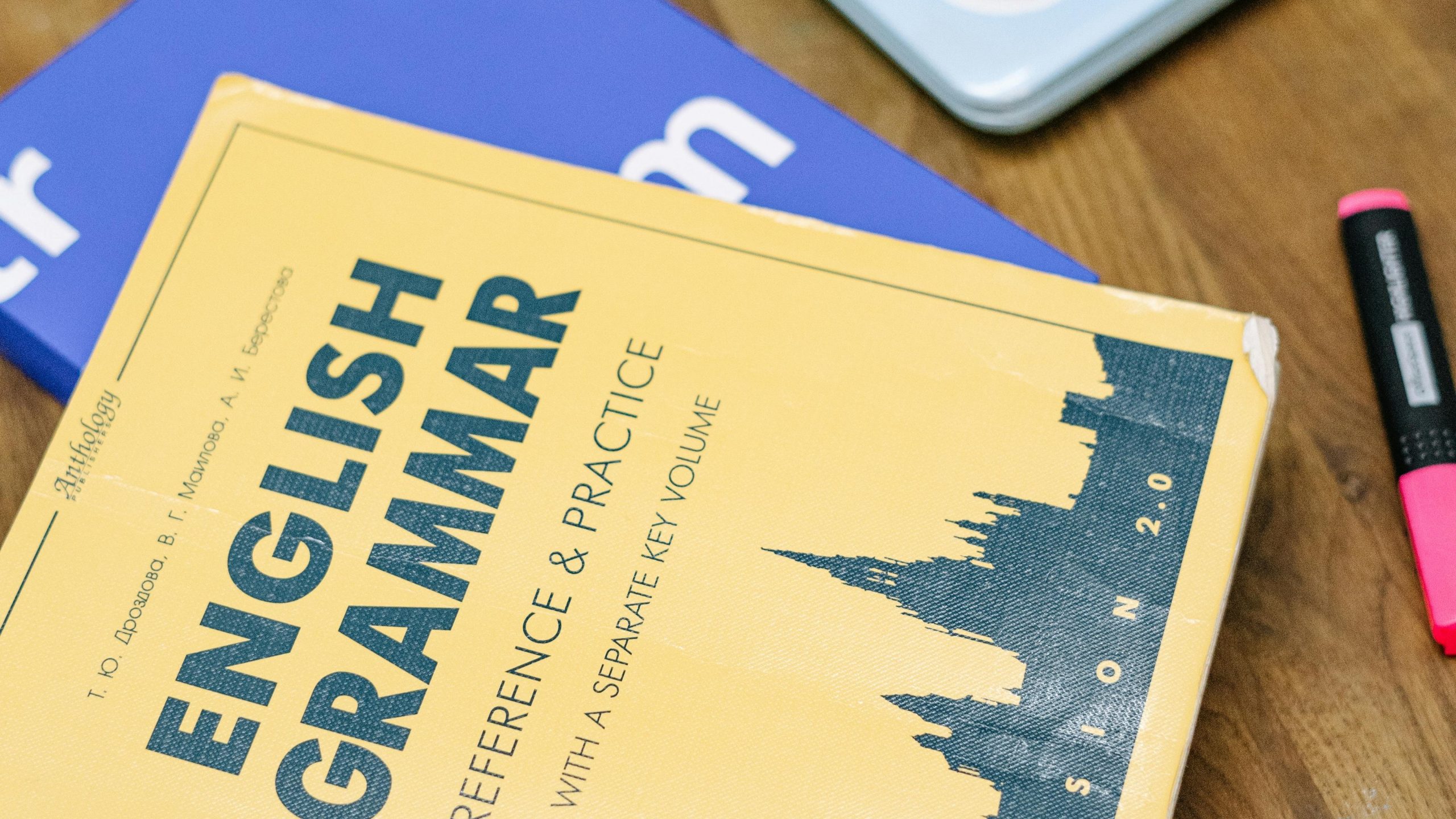
Why Grammar Is Important In Academic Communication
Grammar is the cornerstone of good written communication. It serves as an established framework of rules that writers adhere to in order to communicate clearly with the reader. Whilst there are many situations where perfect grammar is not necessary, in academia it is paramount that you observe these rules closely and write with precision.
Here, we’ll outline the benefits of using grammar accurately in your paper.
Clarity
Language is open to interpretation. Two readers can take away very different messages from the same sentence.
When writing creatively, leaving sentiments open to interpretation is rewarded and encouraged. But when writing academically, it’s important that you leave as little room for misinterpretation as possible.
Readers having a better understanding of your research is beneficial for you, the writer, and them. It could improve the likelihood that they will share your work with others or use it to inform their own research.
Below are a couple of examples of how bad grammar affects clarity and reader comprehension.
Taking 1 hour, the researchers conducted the experiment.
This is an example of a dangling modifier, in which a phrase or word that modifies the meaning of part of a sentence (“Taking 1 hour”) isn’t clearly connected to a subject. In the above example, is it the researchers who took an hour or the experiment?
One potential way to fix this would be:
The researchers conducted the experiment, which took 1 hour.
Here, the relationship between the sentence components is completely clear and is unlikely to cause confusion for readers.
Another example of unclear communication is:
The patients were administered the placebo and then they will report their symptoms afterwards.
This is an example of inconsistent tenses, with both past and future tenses being used in reference to the same timeframe. Have the patients reported their symptoms at the time of writing or are they still in the process of doing it?
A potential fix is:
The patients were administered the placebo and then they reported their symptoms the day after.
This clears up any ambiguity about exactly when the actions were performed, as both halves of the sentence are in past tense. Also, extra information (“the day after”) adds precision to the sentence.
By putting more time into considering your grammar, you can avoid mistakes like these and ensure that readers interpret your research accurately.
Impression
The way people perceive your work is important in any field or profession. Most of us have read a book or paper that has been disappointing because of how poorly expressed it was.
Whilst the ideas in it may be interesting and unique, poor grammar can lead to us feeling negatively towards it as a piece. It may also leave readers questioning your authority as a writer and thus the validity of your research.
Using correct grammar highlights to the reader that you take care in your work and focus on the smaller details. It helps lend credibility to your research, giving your arguments more coherence and influence. And, expressing your ideas more articulately will lead to better reader engagement and enjoyment.
A good reading experience will leave the reader with a strong, positive impression of your work. In turn, this makes it more memorable as readers are able to retain more information about something they enjoyed as opposed to something they didn’t.
By taking care in the language you use and how you present your work, you’re showing the reader that you’ve thought deeply about the best way to communicate your ideas and sincerely care about and take pride in your research, thus increasing its impact.
Accessibility
Grammar facilitates communication between all English speakers. The rules of grammar bridge gaps between people of different cultures, reading levels, and demographics. By operating under the same standardised framework, you can ensure that your message is understood by people of diverse backgrounds.
By observing the conventions and rules of a language, your work is easier to understand and more accessible to a wider audience. Good readability ultimately means that more people will view your work.
This allows your research to transcend borders and demographic barriers, benefitting readers and the field as a whole. Better accessibility allows more people to build upon your work and further the field.
Good grammar thus ensures a certain level of equity in academia, aiding the free flow of ideas between people of all backgrounds.
Improving your grammar
Though learning the intricacies of the English language can be daunting at first, there are many steps you can take to improve your written communication skills. Take a look at our other articles, such as 3 Grammar And Punctuation Mistakes To Avoid and How To Improve Your Academic Writing Style, to help get you started.
If you want to ensure perfect grammar in your research, you can opt for language editing services. MDPI Author Services offers language editing to students completing their theses or dissertations.
We provide a comprehensive language edit, correcting grammar, punctuation, and phrasing. Users of our Rapid Service will receive their edit within 1 working day.
Our team of highly skilled English editors have edited over 60,000 papers, with a 97% author satisfaction rate. Our services are available to both MDPI authors and those publishing with other journals. Visit the link above to get a free quote today.











